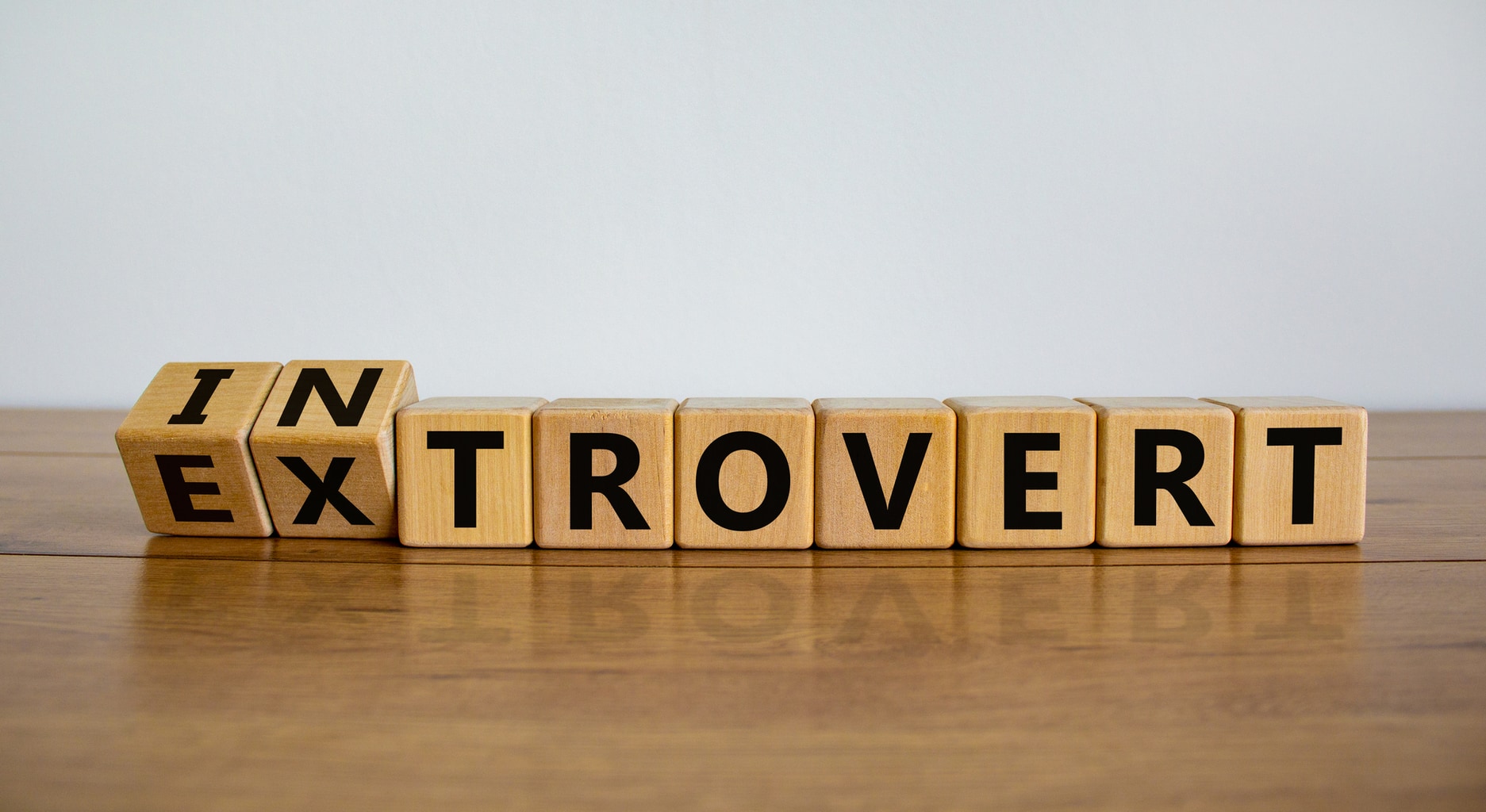Extrovert Definition and Personality Traits
The average person is familiar with the common definition of extroversion. It’s the opposite of introversion. Bold versus shy, risk-taking…
EXOTIC PSYCHOSES
Severe psychiatric disorders found in primitive cultures but not in Western society. The term is usually applied to functional conditions…
EXPERIENTIAL THERAPY
A form of depth psychotherapy developed by Karl A. Whitaker and Thomas P. Malone (1953), in which the patient achieves…
EXPRESSIVE BEHAVIOR
This term is used for “those aspects of movement which are distinctive enough to differentiate one individual from another” (Allport…
ENTROPY (literally “turning toward or turning inward”)
A diminished capacity for spontaneous change; the inability to translate psychic or physical energy into a new form.In its psychiatric…
ENURESIS (Bed-wetting)
Persistent involuntary discharge of urine, usually during sleep, after the age of three. Bed-wetting may occur every night, several times…
EPIDEMIC ENCEPHALITIS
An inflammation of brain tissue caused by a filterable virus, and sometimes associated with systemic infections such as measles, mumps,…
EPILEPSY (Etiology and Therapy)
The primary symptoms of epilepsy, alterations of consciousness in association with convulsive movements, are produced by disturbances in the electrical…
EPILEPSY (Symptoms and Types)
Epilepsy comprises a group of disorders characterized by transient, recurrent episodes of clouding or loss of consciousness, sometimes with convulsive…
EQUILIBRIUM (Labyrinthine Sense; Vestibular Sense)
The sense of balance and position.Two sets of receptors in the inner ear, or “labyrinth,” are responsible for our senses…
EIDETIC IMAGERY (Photographic Memory)
Mental imagery, usually visual, which closely resembles actual perception.Some people are able to look at a drawing or page of…
EROTOGENIC ZONE (Erogenous Zone)
An area of the body that is particularly susceptible to erotic stimulation. Three of these zones are considered primary: the…
ELECTROSHOCK THERAPY (Elec- troconvulsive Therapy; EST, ECT)
Convulsive therapy was originated by the Hungarian psychiatrist, Ladislaus J. Meduna in 1935, after he had noted that epilepsy and…
ESQUIROL, JEAN (1772-1840)
Es- quirol, an early exponent of the functional point of view and of humane treatment in psychiatry, was born in…
ELIMINATION DRIVES
The physical and developmental facts about urination and defecation are simple and clear-cut as compared to the amount of theory…
EMOTION (General)
Emotions are intense “stirred up” feelings, usually directed toward a specific person or event, and involving widespread visceral and skeletal…
EMOTION (Theories)
There appear to be three general aspects of emotional response. First, the perceptual or cortical aspect: the recognition of a…

